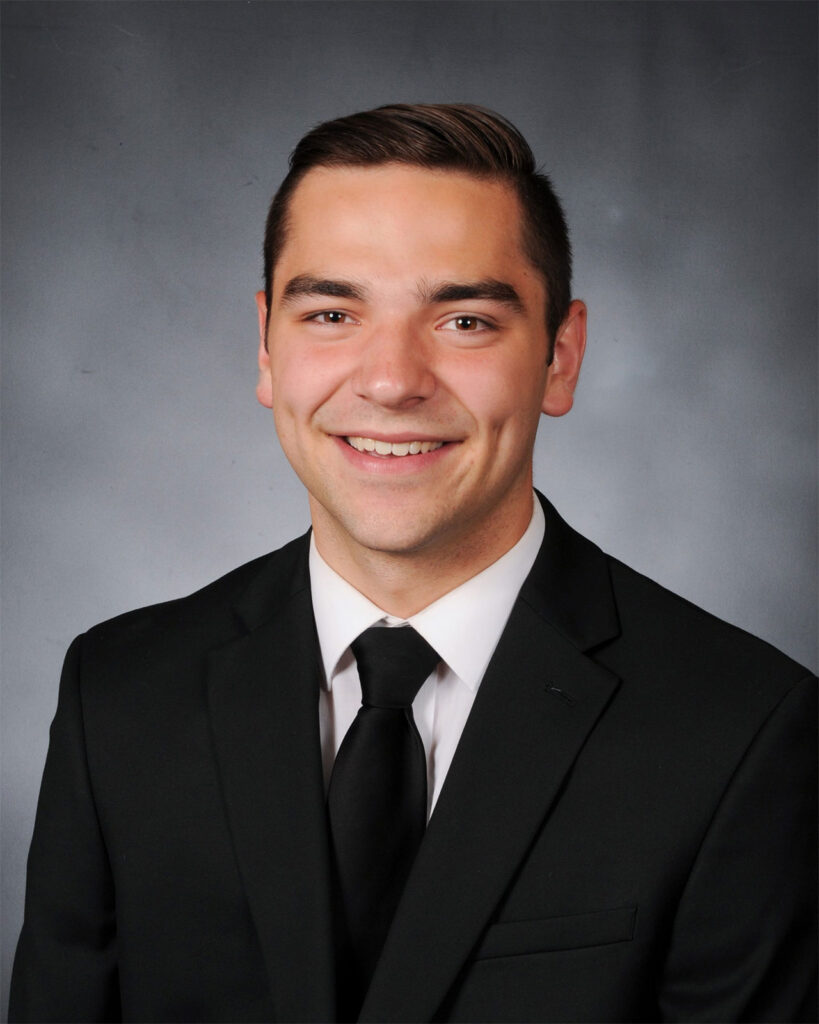
On a walk with a young man discerning a call to the priesthood, I asked him what he considers to be the thing that is holding him back from becoming a seminarian. In a response which left me at a loss for words, he responded to me, “I fear devoting my whole life to something that is intangible.” These words struck me in a very powerful way because I recognized that I had not personally come to grips with this reality. A man who is called to the priesthood forgoes the pleasure of physical intimacy with a wife. However, the man does not forgo intimacy altogether. He discovers an intimacy rooted in Christ that is founded on the surrender of his full self to Christ. He does this in eager hope and expectation of the life to come. The eternal life of Heaven.
The thought of this young man inflamed my soul. I had to find out how it can be possible for me to pursue God in a way that is perfectly tangible even though he is ultimately intangible. In speaking of intangibility, I mean transcendent realities rooted in mystery. For example, God is infinite in his goodness, love, and existence; our goodness, love and existence come from and imitate His. God is intangible not because we can never come to understand him, but because he’s so much greater than our minds can fathom. It is this infinity of God, this mystery, which inspires wonder and urges us to pursue Him. Thus, one day, we hope to see him face to face and see him as he truly is. Yet, we nevertheless desire to experience Him in this life as well. We are human after all—we make sense of reality by experiencing it in some way or another. However, this sense of experience has been warped by our modern world.
Modern man is inundated with a false approach to reality which says that the best and most real things are those that we can personally grab hold of and tangibly experience. This is why a man making a choice to surrender everything to God who is largely intangible seems so counterintuitive. How can there be fulfillment for man when he no longer has control over reality? The answer comes when we look to Christ—God made man.
In his wisdom, God chose to reveal himself to us not in spectacular and mind-boggling visions or cosmic events, but in the very flesh and blood of humanity. He chose a humble, innocent, and pure girl to reveal himself as the God-man to the world. The Blessed Virgin Mary, in her motherhood of God Himself, acts as a powerful example of the tangibility of Christ that the priest makes manifest through his ministry. From the moment of her birth, as tradition holds, Mary became a consecrated virgin. She grew up in the temple in Jerusalem and finally came back to Nazareth at the time of the Annunciation. Mary was human through and through. She desired the same tangible realities as every other human desires them. However, Mary understood that all of creation is a speaking forth of the divine nature: that the son she would bring forth into the world was an “image of the invisible God” (Col. 1:15-16).
So, I think Mary supplies the answer that I was seeking to give to this young man. Mary chose to pursue a life of virginity from a young age. A priest also must pursue a life of celibacy. But the priest, like Mary, recognizes that he is not giving up receiving the tangible experiences of life but rather, he immerses himself into them. Mary had hope that her living out of her virginal promise would bear fruit both here and in Heaven. This promise of virginity required of Mary a total surrender of herself to the will of God. It was in this surrender, the “fiat” of Mary, that the intangible and tangible realities of God met. At her joyful yes to the dedication of herself to the service of God, He humbled himself and became man in her. Likewise, the priest, on the day of his ordination, lays prostrate before the altar of God in a position of humble surrender of himself. In this surrender, he receives the Sacrament of Holy Orders which allows him, through his performance of the sacraments, to be an instrument of God’s continuous Incarnation on the altars throughout the world. The priest acts as a means for the tangible and intangible reality of God to meet and be revealed to his people, just as Mary was an instrument of revealing Christ to the world. In these sacraments, we meet the intangible realities of God in a tangible way. However, this urges us to look further towards realities such as eternal life in Heaven where we will experience infinite intimacy with God. We long for this above all else because it is the most tangible reality whether we recognize that or not. It is this reality of Divine Intimacy that causes my heart to burn within me.
John Anderson is in College Seminary at St. John Paul II Seminary in Washington DC. His home parish is St. Mary’s in Hagerstown. Please pray for John!